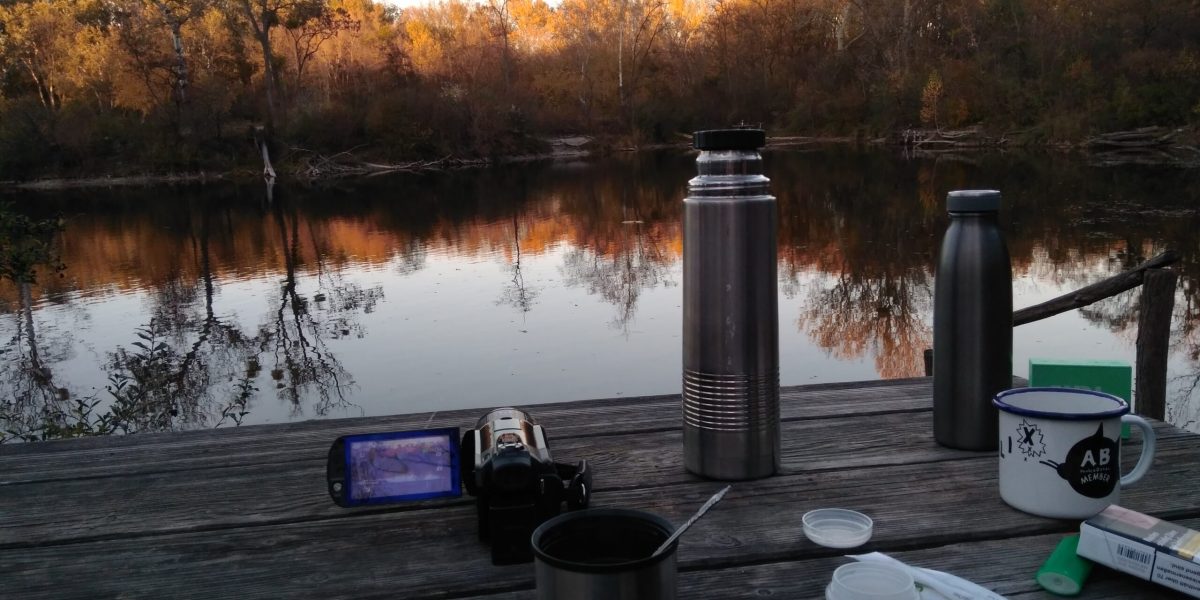Diary Film, Autoethnography, and Poetic Film Writing

Faculty:
Course Schedule:
Monday/Wednesday 5:50 - 7:10 PM Berlin (UTC + 2)
Professor: Masha Godovannaya
Semester: Spring 2024 (January 29 – May 21)
Course Level: 200
Subject: FILM
Number of Bard Credits: 4
Course Title: Diary Film, Auto\ethnography, and Poetic Film Writing
Max Enrollment: 22
Schedule: Mon Wed 5:50 – 7:10 PM Berlin (UTC + 2)
Distribution Area: Analysis of Art
Cross-Listing(s): no
Language of Instruction: English
The genre of diary film has been gaining momentum in recent years. Being present in many written forms for a long time, diaries in cinema started their history only in the post-WWII period with the flourishment of avant-garde experimental poetic filmmaking and accessibility of image-making technology (mainly 16mm and super8, and later – with video). Since then, film diaries/diary films have developed into a separate genre in cinema, however remaining in its experimental and avant-garde realm.
This course is a semi-practical seminar dedicated to film diary/diary film: its history, theory, and practice. Here, diary filmmaking is intertwined with two other distant but yet related concepts, methods, and aesthetic forms. One of them is a queer commentary, where, as Lauren Berlant and Michael Warner formulate, practice, theory, and lived experiences of “being in the world with others” are amalgamated and inseparable from one another. Berlant and Warner propose “queer commentary” as a model for engaging with and conceptualizing social reality, and looking for diverse aesthetic forms to express it.
The second concept the diary film is intertwined with is the concept of “refunctioned auto\ethnography,” proposed by Craig Gingrich-Philbrook. It explores the aesthetic and epistemic potentialities of the auto\ethnographic method. In social science, auto\ethnography is a research method that uses personal experience (“auto”) to imagine and provide possible interpretations (“graphy”) of cultural texts, experiences, beliefs, and practices (“ethno”). It gives a stage to forms of storytelling where political and ethical positioning is placed at the center and keeps a researcher accountable for her* research intentions, framework, and methods. Refunctioned auto\ethnography is a method and a form to create and co-create collective imagination connecting dots between the personal, the political, the social, and the aesthetics. And as in the case of diary filmmaking, performing this connection in, with, through, and as a poetic diary film.
During the course, we will watch, analyze, and discuss films and videos that fall under the different categories of “film diaries,” “diary films,” “film essays/commentaries” and “[auto\]ethnographic films.” We will read the texts of the above-mentioned authors and others who are interested in epistemic, ethical, and aesthetic potentialities of [cinematic] auto\ethnography and [queer] storytelling. Moreover, we will make our own diary films and short videos trying to put together bits and pieces, scraps, and traces of our everyday into a refunctioned cinematic poetic form.
Guidelines for the Statement of Purpose:
Craft a reflective statement of purpose explaining your interest in the Smolny Beyond Borders online course. The file should be saved with your name and course title as the filename and uploaded accordingly. Your statement’s clarity and substance will significantly influence our selection. Convey your motivations and aspirations for this course succinctly but thoroughly. Kindly write your statement in the course’s Language of Instruction.
Application Portal Instructions:
1) Use the Latin alphabet for all entries on the portal, including your name. If the Language of Instruction is Russian, you may use Cyrillic only within the Statement of Purpose file, and the title of the file should still be in English.
2) Refrain from using email addresses associated with Russian or Belarusian educational institutions.
3) While completing the “Required Information” section, ensure you fill in the “Province” field for your address.
4) Provide an address outside Russia or Belarus in both the “Required Information” and “Geographic Location Confirmation” sections of the “Online Course Application”. This ensures we can send your transcript.
5) You must press the “Sign” button twice during the application.
6) If you hold a bachelor’s degree, select “4th+” in the “Academic Year (online)” section.
7) Applicants either unaffiliated or affiliated with educational institutions in Russia and Belarus should list ‘Smolny Beyond Borders’ as their educational institution.
8) In the student ID section, enter ‘SBB’.
9) Consider drafting your motivation letter ahead of time. Save it as a separate file with this format: LastName_FirstName_CourseTitle for a smoother application process.